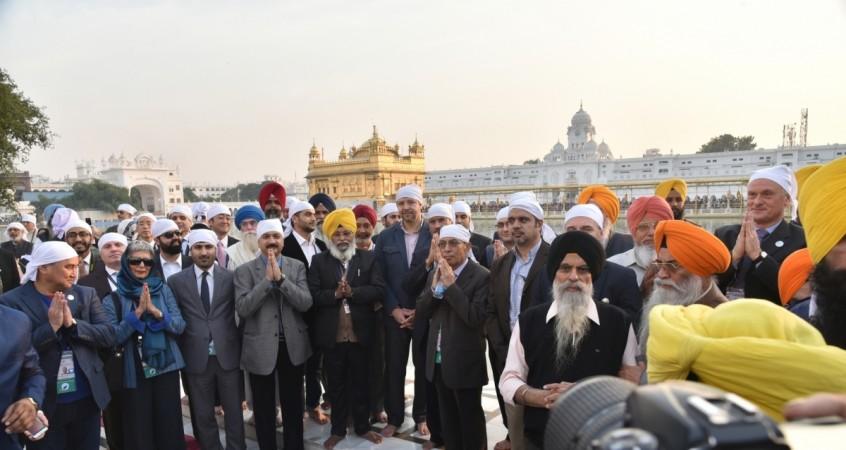
Terrorism is on top of the agenda of the Heart of Asia Conference — a gathering that takes place periodically to decide on the welfare policies that will help Afghanistan rise from years of militancy and terrorism it has experienced.
And because India and Afghanistan are on good bilateral terms and Afghanistan's continued claims that Pakistan — which lies between the two countries — is the main source of terrorism in the region, India will look to leverage the welfare of Afghanistan to corner Pakistan on the issue and gain some support from world powers to force the country to dismantle its terror setup.
More pressure on Pakistan
India has for long claimed that Pakistan is the source of terrorism in the region. In fact, Prime Minister Narendra Modi has gone so far as to call the country the "mother-ship" of all terrorism in southern Asia. In fact, the Indian mission to the UN had even called Pakistan the "Ivy League" of terrorism after its Prime Minister Nawaz Sharif tried to paint the country as purely a victim of terrorism.
With Pakistan now cornered on the issue of terrorism, India will look to the heads of 40 countries and groups that are attending the conference in Amritsar, Punjab, to come up with a strong framework on counter-terrorism — something that, when enforced, will leave Pakistan with no choice, but to dismantle the terror infrastructure on its soil.
It should not be difficult, in light of the continued terror attacks in India — especially on bases belonging to and personnel from the defence forces — and Afghanistan's continued insistence that the Taliban leadership is still in Pakistan.
Snub over bilateral talks
Pakistan has also been trying to restart bilateral talks with India for quite some time now, and Sharif's Foreign Affairs Advisor — and therefore Pakistan's de facto Foreign Minister Sartaj Aziz arrived early in India on Saturday, but official sources said he would not get the much-sought-after meeting with Modi.
Pakistan had also recently said it was ready for unconditional talks if India proposed it, but India has not taken the bait. This has put more pressure on Pakistan, which itself now has to propose unconditional talks on terrorism and economic issues — meaning it will have no leeway to rake up Kashmir because it is not in the agenda.









